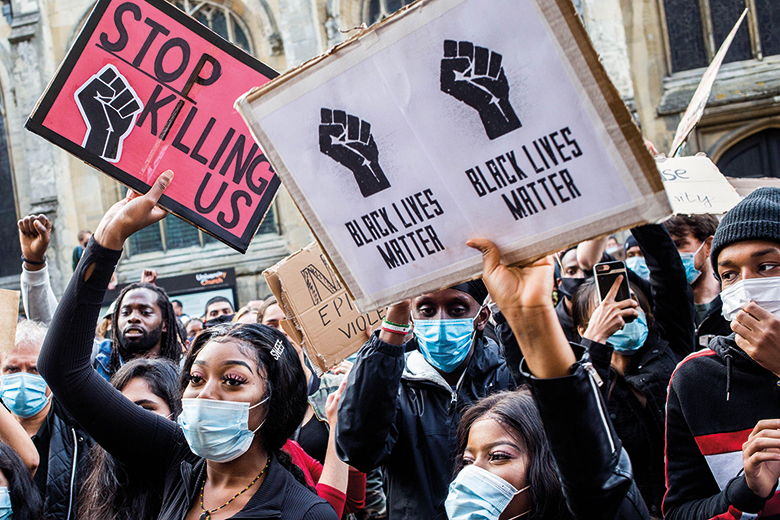The number of university courses referencing topics such as diversity and social justice has risen significantly since the Black Lives Matter movement and the end of the Covid-19 pandemic, data suggests.
According to the Open Syllabus database, an online open-source platform that catalogues and tracks trends in more than 20 million syllabuses across more than 120 countries, 5.9 per cent of courses mentioned “diversity” in 2023 – an uptick from 4.2 per cent in 2018, and a record high for the period 2008-23 for which information is available. Of the major anglophone sectors in the database, the rate was highest in the US, at 7.6 per cent.
While use of the term “equality” has largely hovered around the 0.5 per cent mark globally, it is as high as 1.2 per cent in the UK.
Meanwhile, references to “inclusivity” have shot up in recent years. In 2023, 0.9 per cent of courses mentioned inclusion, which was almost double the rate of five years before. In Canada, it was even higher, at 1.7 per cent.
Carrie Paechter, professor of childhood, youth and family life at Nottingham Trent University, said mentions of diversity would be higher because it was a “good catch-all” term, but was unsurprised to learn that references to inclusion were on the rise.
“Particularly the more forward-thinking universities are really starting to think about inclusivity for neuroatypical students, or those from care backgrounds, or with hidden disabilities, students who are carers…things that we have started to think about that were rather ignored in the past,” she said.
Joe Karaganis, Open Syllabus’ founder, said that there had been a clear rise in the appearance of the three key terms, particularly since 2019, and that their growth seemed to be correlated.
“I think the change in 2018-19 is significant,” he told Times Higher Education. “It’s the year when – in the US, at least – BLM and the [George] Floyd murder pushed these issues into the curriculum for classes dealing with race, social justice and adjacent topics.”
The proportion of courses referencing social justice rose from 0.5 per cent in 2019 to 0.9 per cent last year, while racism was also cited more, as was racial justice.
“Covid and Black Lives Matter probably combined to make us think more about some of those things – in terms of social justice about Black Lives Matter, and equality, diversity and inclusion in terms of Covid – because it was very much in our faces as staff in terms of who had access and who didn’t,” said Professor Paechter.
References to diversity were most frequent in sociology courses, with mentions in 16.1 per cent of syllabuses, followed by history (15 per cent), media (12.5 per cent) and education (10 per cent).




